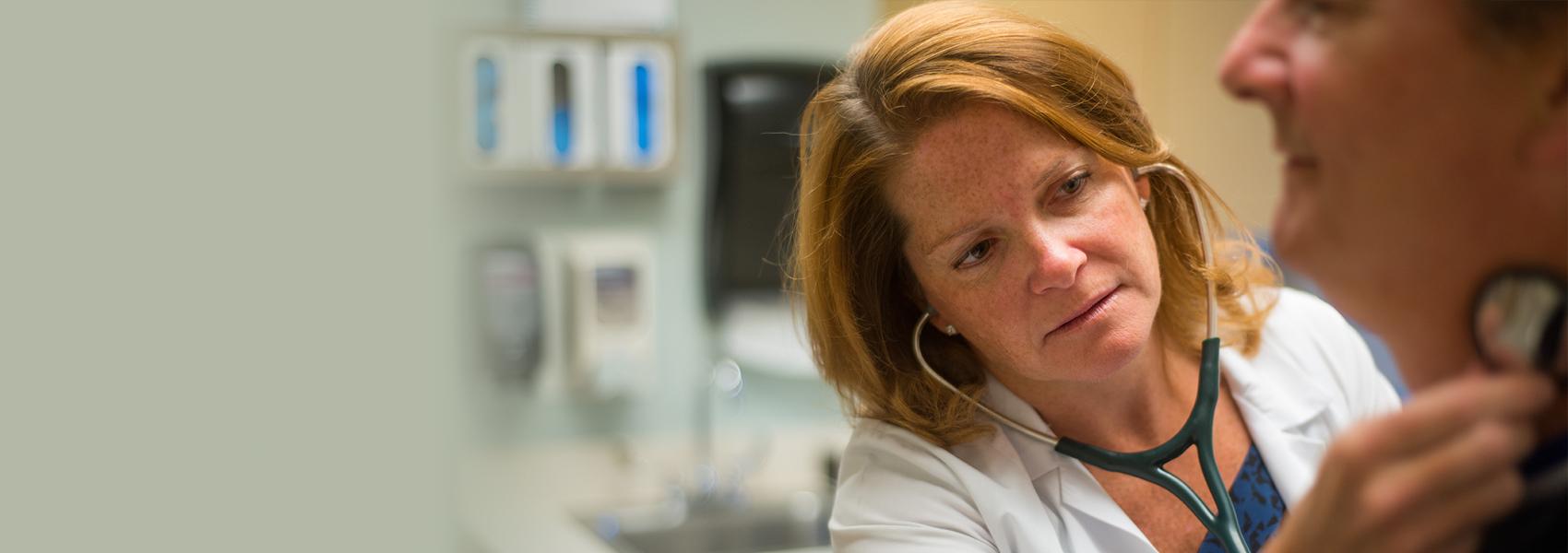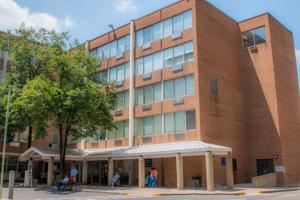The Cardiovascular Center at Boston Medical Center offers state-of-the-art diagnostic and treatment therapeutic services for a full range of cardiac diseases and conditions. We offer medically supervised exercise and lifestyle-modification programs and medications to help manage cardiovascular risk for people prone to heart disease lower their risk. Our multidisciplinary team is committed to providing clinical excellence, innovation, and compassionate patient care for all.
Leading Expertise
Award-Winning Doctors
Our doctors and surgeons were recognized as some of the city's best doctors on Boston Magazine’s “Top Docs” list.
National Center for Excellence
Our internationally renowned Amyloidosis Center was named a National Center of Excellence for the management of patients with cardiac amyloidosis.
High-Performing Specialties
Cardiology and Cardiac Surgery were recognized as "high-performing" by the U.S. News and World Report.

U.S. News & World Report
BMC is recognized as high-performing in Cardiology, Heart, and Vascular Surgery by U.S. News and World Report
Location and Contact
Cardiovascular Center
Monday – Friday 8 a.m. to 5 p.m.
Related Departments and Programs
Arrhythmia Center
Preventive Cardiology
Cardiac Surgery
Hypertrophic Cardiomyopathy Clinic
Vascular Medicine Center

Education and Training
Our ACGME-accredited general cardiovascular medicine fellowship training program is committed to training the next generation of leaders in clinical cardiovascular medicine and cardiovascular research. Our fellows are exposed to the entire spectrum of inpatient and outpatient cardiology at Boston Medical Center and the West Roxbury VA hospital. There is ample opportunity for advanced training in multimodality imaging, heart failure, interventional cardiology and electrophysiology. In addition, we have the capacity to provide additional mentored research training to allow fellows to launch successful research careers in investigative cardiovascular medicine.
Explore the Department
Information You May Need
Billing and Insurance
Login to MyChart
Patient Information
 en
en 


 Français
Français Deutsch
Deutsch Italiano
Italiano Español
Español Tiếng Việt
Tiếng Việt Kreyol ayisyen
Kreyol ayisyen